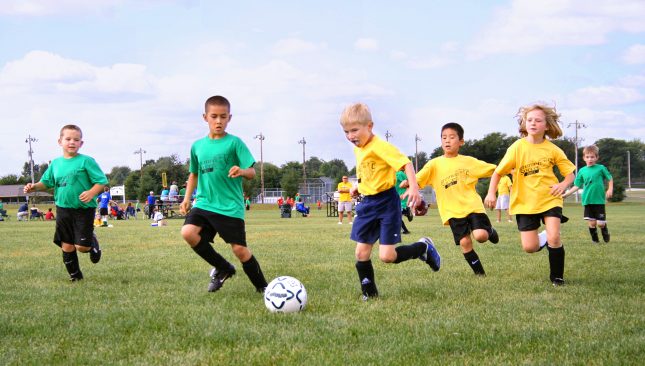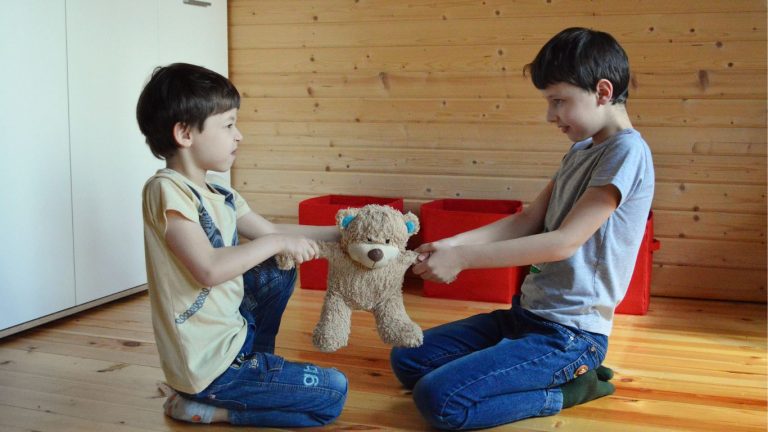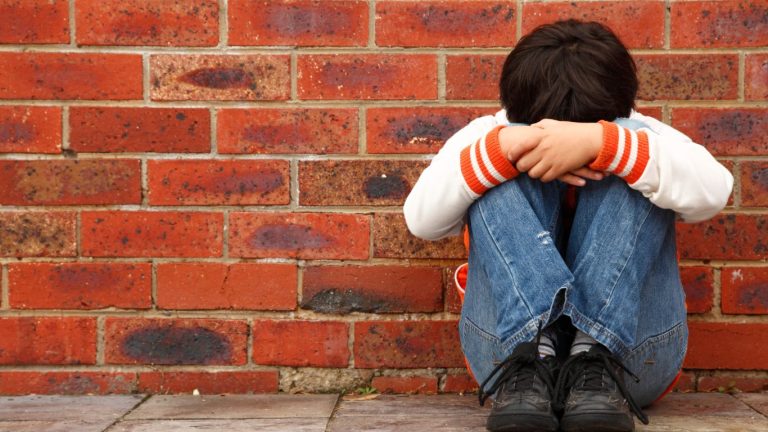“Score a goal and I will give you 5 dollars” – I recently heard these words shouted out by a parent on the sideline of a 5 year-olds soccer game. This really got me thinking about inspiring children with healthy praise!
I thought, to inspire our children to do well do they need a reward or incentive? Is this healthy for their emotional development? What are the consequences of bringing up our children to expect rewards for everything they do?
For the child in this soccer game it was no surprise that he didn’t want to pass the ball to any of his team mates.
His eye was on the prize and all thoughts of playing for enjoyment or self pride went out the window. Later in the season the same child countered, “how about 10 dollars?”, when the familiar bribe was offered. This also sparked a few other children to ask if they could have McDonalds if they too scored a goal.
What happened to the satisfaction of achieving something and having a sense of pride? Isn’t it enough to have a big smile and a compliment from Mum and Dad.
Right from those early years children look for approval, rewards and praise to inspire and encourage them to do well.
An infant taking its first steps looks to its family to make sure they are watching and then grins as they clap and cheer. Young toddlers eagerly bring their first drawings for you to see and preschoolers call out “look at me” as they ride a bike for the first time. They are proud of themselves and want to share this with you.
It’s natural and healthy to want approval and recognition, but how do we get the balance right? Too far, and children can want rewards and constant praise to even try the simplest thing. Not enough, and a child can lack the self esteem to try new things.
Children thrive on encouragement rather than bribes.
Children need to hear, “keep going”, and, “ I know you can do it”. They also need to hear “thank you for helping me” and “I love you”, every day. But save the really special praise and rewards for their inspiring achievements.
Also be genuine – if you clap and jump up and down for them picking up three toys off the floor, what is left when they first swim or write their name? The level of praise should suit the achievement. If they have picked up a few toys you can say “you are a great helper, thank you”. However, if they tie their shoelaces after weeks of trying, or draw their first picture of themselves then this is the time to be their biggest cheerleader. This inspires children to do their best and feel proud when they do.
By over-praising we may develop children who won’t try new things or complete a goal without expecting us running behind cheering and offering prizes.
6 tips to Inspire children with healthy praise
1. When we do praise it should be meaningful. Look your child in the eye, give them your full attention and tell them how and why you are so proud of them. To inspire children, specific praise is needed and it needs to be genuine. Specific praise describes what it is that you are proud of. It is “you are so good at solving puzzles” or “I like how you always say thank you, you have lovely manners”. This compares to the “good boy or good girl” or “well done”. Well done at what?
2. Remember to praise behaviours and personality traits. Recognition for kindness, empathy or sharing is just as important as praising abilities and achievements. You are giving your child positive attention for behaviours you want to see continue and also giving them a strong message of what you value.
3. Another tip is to share their success with others. Most children love to hear you sing their praises to Nana or their teacher. Let them hear you tell their Dad about an amazing achievement that made you so proud.
4. It is also important to encourage and praise the effort not just the outcome. If you can see your child spending a long time to complete a new but challenging puzzle you can praise the effort even if they are not able to complete it yet. “That is a hard puzzle, good on you for working so hard”. “I bet you will learn to do it soon!”.
5. When things are difficult step back and let your child try. If we jump in and do things for them all the time how will they learn to do it themselves? Imagine their pride when they know they have done it all by themselves.
For this to be positive though you need to chose challenging yet achievable activities for your child. Too hard and they will become frustrated and give up, too easy and they don’t learn to persist with difficulty. If you see they might need help, offer and wait to see if they want your help.
6. Finally, for children to be inspired and have healthy emotional development let them follow their own interests and passions. This is a source of self-motivation as they are learning through what they love to do.
If your child loves to draw, look at getting them an easel and art set. If your child loves nature, make time for bush walks and take along a magnifying glass. Let them see what inspires you and what you are passionate about too, as children learn more from what we do and how we behave than what we say.
Now that you’ve found out how to inspire children with healthy praise, you should also check out the 9 common parenting mistakes. And for more expert advice, check out our Child behaviour section.






I have a poster on the wall with positive traits seen in my grandson. And we add to it all the time. “Simon helped clear up after cooking.” or ‘Simon didn’t make a fuss when Mum said he couldn’t have chocolate before lunch – thank you Simon for understanding.” It’s something he goes to often and even adds to himself, as we all do.
Hey what a great idea Lynda! This really is the first tip ‘make praise meaningful’ exemplified. This creates a live record of both the behaviour and the praise for all to see, and for Simon to refer back to. A wonderful idea! — Jarrod